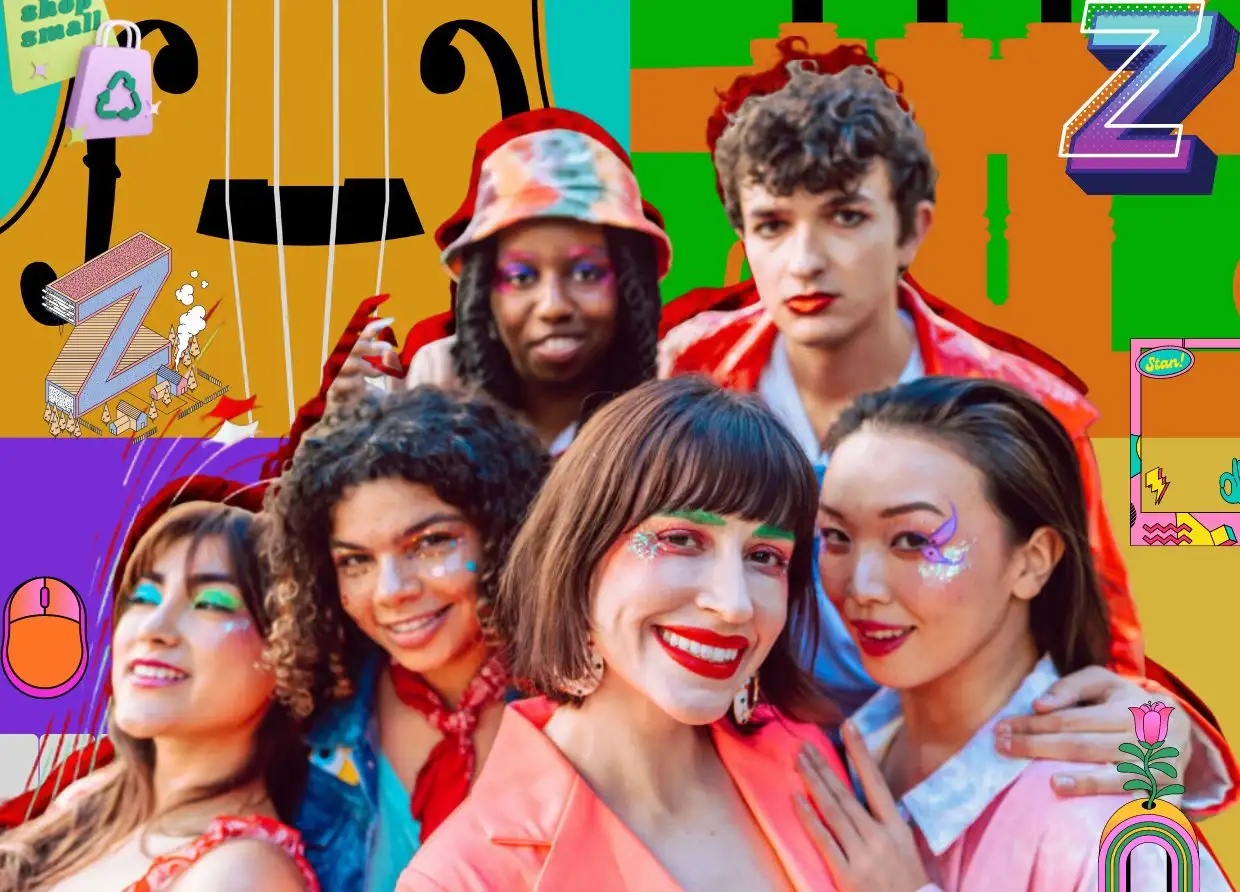risques-niger.org – The gig economy has emerged as a transformative force in the world of work, offering flexibility and autonomy that appeal to many, particularly millennials. Born between 1981 and 1996, millennials are at the forefront of this movement, both as participants and as drivers of its evolution. Their preferences and values are not only shaping the gig economy itself but also influencing the broader landscape of work in significant ways.
The Rise of the Gig Economy
The gig economy refers to a labor market characterized by short-term contracts or freelance work as opposed to permanent jobs. With the advent of digital platforms like Uber, Airbnb, and Upwork, the gig economy has grown rapidly, offering opportunities in diverse fields such as transportation, hospitality, and professional services. This model of work provides flexibility and the ability to pursue multiple income streams, which are particularly attractive to millennials.
Flexibility and Autonomy
One of the key reasons millennials are drawn to the gig economy is the flexibility it offers. Unlike traditional 9-to-5 jobs, gig work allows individuals to set their own schedules and work from anywhere. This autonomy enables millennials to balance work with other priorities, such as travel, education, or family commitments. For many, the ability to work on their own terms is a significant factor in choosing gig work over traditional employment.
Entrepreneurship and Innovation
Millennials are known for their entrepreneurial spirit, and the gig economy provides an ideal platform for innovation and self-employment. It allows individuals to test business ideas with minimal risk and investment, fostering a culture of creativity and experimentation. This entrepreneurial mindset is driving the development of new gig platforms and services, further expanding the scope of gig economy opportunities.
Challenges and Considerations
While the gig economy offers many benefits, it also presents challenges. Gig workers often face issues such as income instability, lack of benefits, and limited job security. These challenges have sparked debates about the need for new policies and protections for gig workers. Millennials, who are heavily involved in the gig economy, are advocating for changes that would provide greater security and support, such as access to benefits and fair compensation.
Influence on Traditional Workplaces
The preferences and values that millennials bring to the gig economy are also influencing traditional workplaces. Companies are increasingly adopting flexible work arrangements, remote work options, and project-based hiring to attract and retain millennial talent. The emphasis on work-life balance, autonomy, and purpose-driven work that defines the gig economy is reshaping corporate cultures and employment practices across industries.
Conclusion
Millennials are playing a pivotal role in shaping the future of work through their involvement in the gig economy. Their desire for flexibility, autonomy, and entrepreneurial opportunities is driving the growth and evolution of this sector. As the gig economy continues to expand, it will likely influence traditional employment models, leading to a more dynamic and diverse workforce. By breaking away from conventional work structures, millennials are helping to redefine what it means to work in the modern world, paving the way for future generations to pursue fulfilling and flexible careers.

